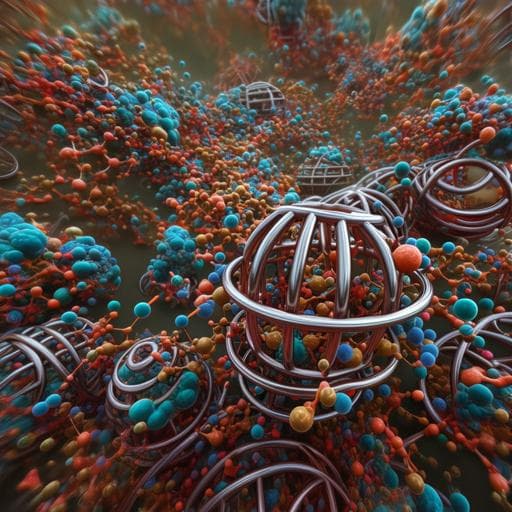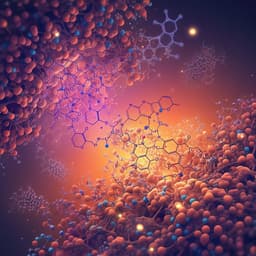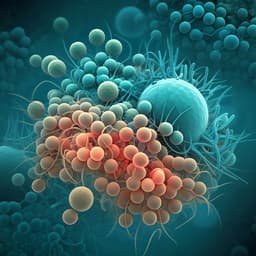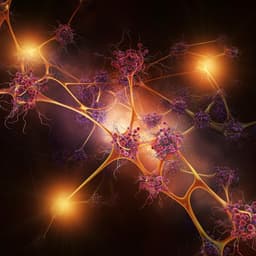
Chemistry
Self-assembly of an anion receptor with metal-dependent kinase inhibition and potent *in vitro* anti-cancer properties
S. J. Allison, J. Bryk, et al.
Discover the groundbreaking research conducted by Simon J. Allison and colleagues, showcasing trimetallic cryptands that not only encapsulate anions but also reveal significant metal-dependent variances in toxicity towards cancer cells, exhibiting remarkable selectivity. Anion modulation appears to control these effects, delving into complex biochemical mechanisms that could pave the way for innovative cancer therapies.
Related Publications
Explore these studies to deepen your understanding of the subject.







